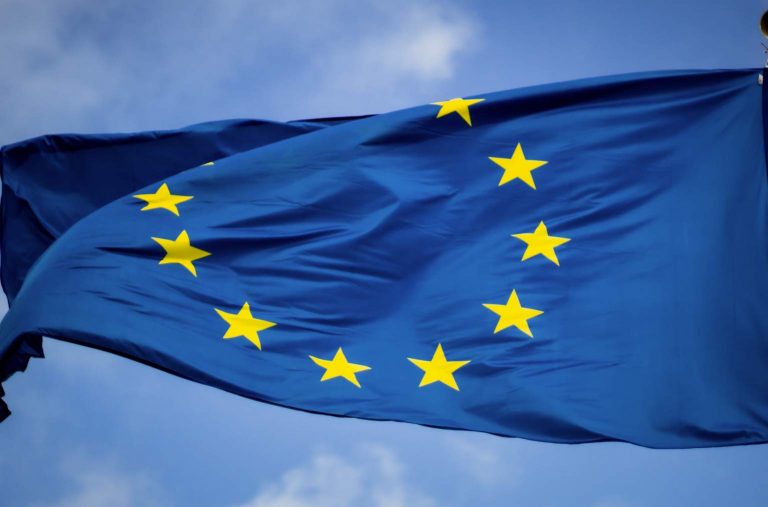
Part Two: The Week Ahead
Discussion and Analysis by Charles Porter:
This is an important week across many of the world’s key currencies. With numerous and salient events battling for supremacy and coverage, ultimately, only time will tell what the aggregation of these event holds in store.
Negotiations on the secession of the United Kingdom from the European Union will continue later today. Whilst these negotiations ensue, the European political economy will create a shroud of subtext. Notably, French President Emmanuel Macron will simultaneously be hosting a summit with the German, Italian and Spanish leaders at a European summit.
As if this were not enough to constrain and divert Europe’s attention away from Brexit negotiations, the British prime minister will meet with her Japanese counterpart this week. Prime ministers Theresa May and Shinzo Abe will attempt to foster optimistic evocations of affluent post-Brexit international trade between Japan and the UK.
The formalisation of a post-Brexit free trade deal is thought (although it is contested) to be precluded, and in any case imprudent, under the European treatises. The UK remains bound to these treatises and, specifically, uniquely obliged under the Lisbon Treaty’s Article 50 protocol. However, we look to see if mutual concession making between the UK and Japan may foster optimistic future trading sentiments alongside security and territorial support.
High salience issues are forecast for the agenda at President Macron’s European summit. Therefore, any significant progressions or announcements from the four EU heads of state may either provide a welcome or harmful distraction from Brexit negotiations. A harmful distraction would arise should it diminish public and market perceptions of the sanctity and progression of the UK’s post-Brexit future.
Today’s Brexit negotiations are set to address the concerning future of Northern Ireland. An abundance of admonitions over the strategic deployment of the Northern Irish peace process as a bargaining chip may further constrain these talks. In short, an inability of the Brexit negotiation process to demonstrate a tangible reduction in uncertainty will, ceteris paribus, lead to a further deterioration of the Pound Sterling.
So what could the talks demonstrate in order to strengthen the pound? A meaningful statement or offer on the future right of EU citizens residing in the UK is likely to immediately encourage progress on other grounds. However, the long-run social and procedural implications of this offer are beyond our grounds of speculation and opinion.
Related Insights

Daily Brief – Sterling
Sterling No sooner had the financial press written that Sterling was on the skids due to the Chancellor being on the way out, than PM Starmer woke up to the need for some TLC for his beleaguered Chancellor and executed a handbrake turn to administer some gruesome bedside cheer to the apparently on life support […]

Daily Brief – EU Inflation
EU Inflation With the ECB annual symposium meeting in sunny Sintra, Portugal, inflation is very much on President Lagarde’s mind ; that is because it is showing signs of rising with the monthly inflation rate showing an increase of 0.3% and that presages a break above the target 2% rate just as she and her colleagues […]

Daily Brief – Gold
Gold With Gold accounting for the second highest proportion of Central Bank reserves after the USD and the mood music shifting to it assuming a greater influence on future reserves management, it is worth looking at the numbers behind that. In the 1960s, Central Banks held the highest amount historically of 38,000 tons of gold. […]


 Humphrey Percy
Humphrey Percy